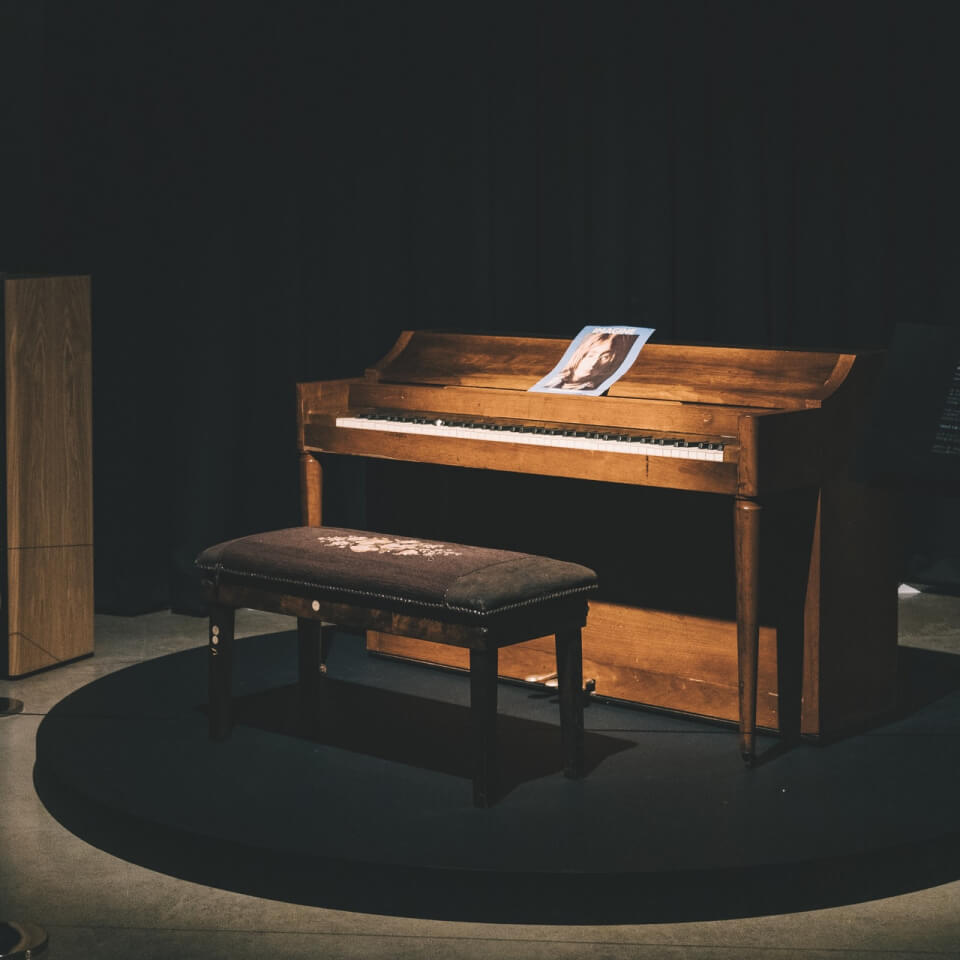“Sunday at the Village Vanguard” by the Bill Evans Trio is a landmark recording that captures one of the most influential piano trios in jazz history in a series of mesmerizing performances recorded at the iconic New York City jazz club in 1961. Featuring Evans on piano, Scott LaFaro on bass, and Paul Motian on drums, this album is widely regarded as one of the greatest jazz recordings of all time, thanks to its innovative interplay, lyrical beauty, and emotional depth.
The album opens with the hauntingly beautiful “Gloria’s Step,” a ballad that showcases Evans’ delicate touch and lyrical phrasing. LaFaro’s bass dances around the melody, while Motian’s brushes provide a subtle rhythmic backdrop that adds to the song’s dreamlike atmosphere. From there, the trio delves into a series of original compositions and jazz standards, including the swinging “Alice in Wonderland” and the melancholy “Jade Visions,” each one a testament to the trio’s telepathic communication and uncanny ability to create music that is at once intimate and expansive.
But it’s the album’s closing track, “My Man’s Gone Now,” that stands as its emotional centerpiece. A haunting rendition of the George Gershwin classic from the opera “Porgy and Bess,” this song finds Evans pouring his heart and soul into the music, his plaintive chords and delicate arpeggios evoking a sense of profound sadness and loss. LaFaro and Motian provide a sympathetic accompaniment, their subtle accents and empathetic support adding to the song’s emotional impact.
“Sunday at the Village Vanguard” is not just a great jazz album; it’s a transcendent musical experience that continues to resonate with listeners more than half a century after its initial release. With its innovative approach to improvisation, its lyrical beauty, and its emotional depth, this album remains a touchstone for jazz musicians and enthusiasts alike, a testament to the enduring legacy of the Bill Evans Trio and their groundbreaking contributions to the genre.

